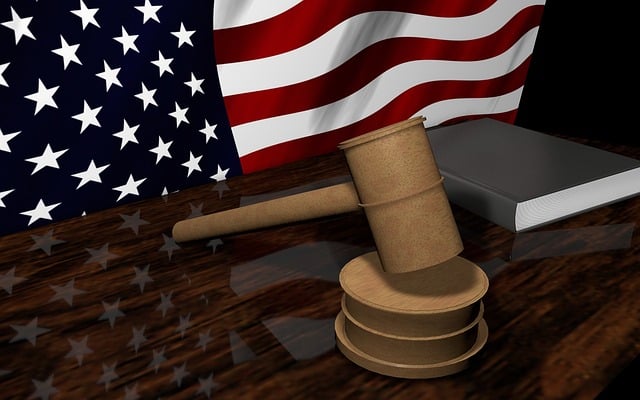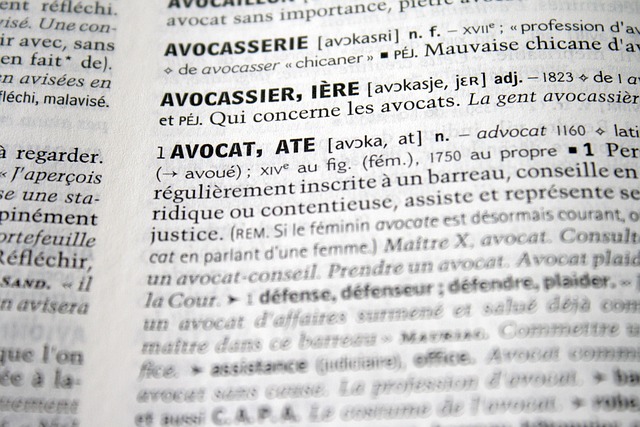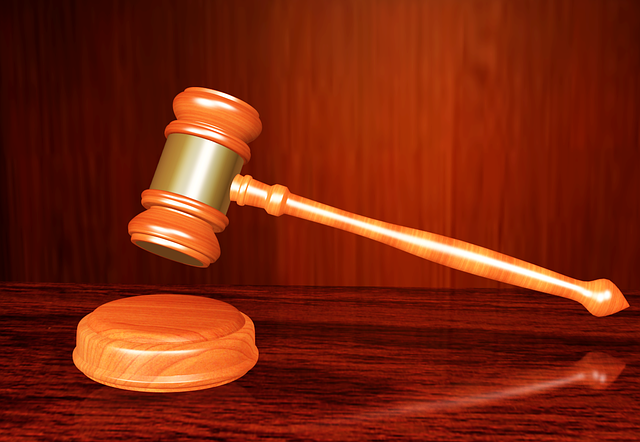Public corruption charges involve illicit behavior by powerful individuals, undermining trust in governance and having wide societal impacts. Class Action Lawsuits are a powerful tool against this, allowing citizens to unite against systemic misconduct. Eligibility for such lawsuits requires individuals or businesses to demonstrate direct harm caused by specific corrupt practices, with compelling evidence and prior successful cases serving as precedents. The goal is to achieve justice, hold officials accountable, and provide appropriate compensation.
Public corruption charges are a growing concern, undermining democratic principles and fostering societal unrest. This article delves into the intricate world of public corruption, exploring its definition, impact, and the emerging strategy of class action lawsuits as collective tools for justice. We dissect crucial aspects, particularly focusing on understanding who can file a claim under these suits, with an emphasis on eligibility requirements. By examining these key elements, we aim to empower citizens in their fight against corruption.
- Understanding Public Corruption Charges: Definition and Impact
- Class Action Lawsuits: A Collective Stand Against Corruption
- Eligibility Requirements: Who Can File a Claim?
Understanding Public Corruption Charges: Definition and Impact

Public corruption charges refer to allegations of illicit behavior by public officials or those in positions of power, involving the abuse of authority for personal gain. This can manifest as bribery, fraud, or misusing public resources for private benefit. Such acts erode trust in governance and have significant impacts on society, from undermining democratic processes to hindering economic development.
Understanding these charges is crucial, especially when considering Class Action Lawsuit Eligibility Requirements. In high-stakes cases where public corruption is involved, achieving extraordinary results often hinges on collective action. Jury trials play a pivotal role in holding corrupt officials accountable and ensuring justice for affected communities. This process not only provides individual redress but also sends a powerful message that such misconduct will not be tolerated, fostering a more transparent and ethical public sphere.
Class Action Lawsuits: A Collective Stand Against Corruption
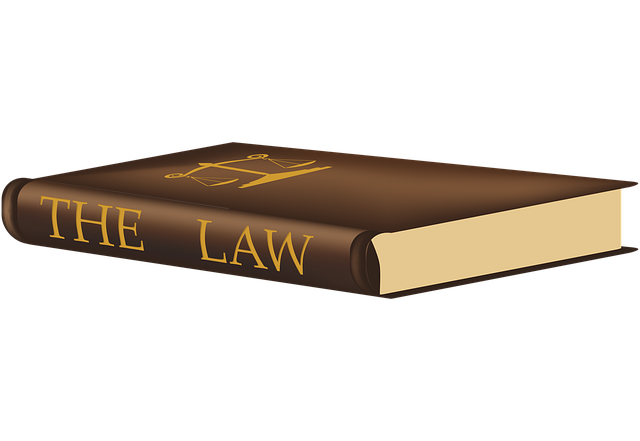
Class Action Lawsuits offer a powerful tool for individuals to collectively stand against public corruption. When faced with high-stakes cases involving systemic misconduct, these lawsuits can be a game-changer. By banding together, affected citizens can pool their resources and expertise to hold accountable those who have abused their positions of power. This collective action not only seeks justice for the immediate victims but also sends a strong message across the country, deterring future instances of corruption.
Eligible for class action lawsuits are individuals who meet specific criteria, such as having been directly harmed by the corrupt practices and suffering tangible losses as a result. The strength of these suits lies in their ability to aggregate numerous similar claims into one, making it more feasible to take on powerful entities. Throughout history, successful class action lawsuits have resulted in substantial settlements for his clients, ensuring that justice is not only served but also financially compensates the affected parties for their troubles.
Eligibility Requirements: Who Can File a Claim?
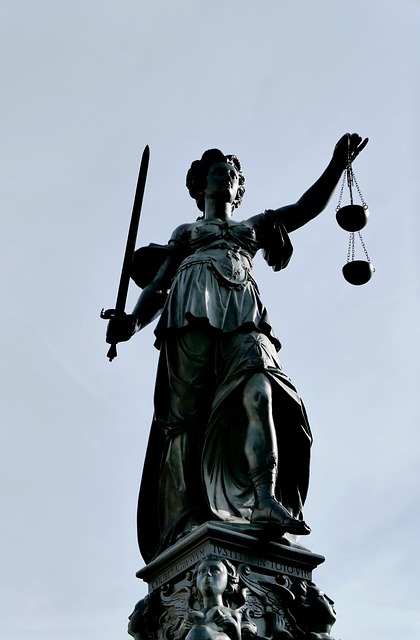
In the context of a Class Action Lawsuit targeting public corruption charges, understanding the eligibility requirements is pivotal. Typically, any individual or respective business that has suffered financial loss due to corrupt practices can file a claim. This includes cases where businesses have been affected by bribery, fraud, or abuse of power by public officials at any stage of the investigative and enforcement process. The key lies in demonstrating a direct connection between the corruption and the resulting harm to the individual or entity.
Eligible claimants must be able to present compelling evidence of their losses and the role played by corrupt acts in those losses. Prior cases where businesses have won challenging defense verdicts can serve as precedents, providing guidance on what constitutes a strong claim. Ultimately, the focus is on ensuring that justice is served, accountability established, and appropriate compensation provided for all affected parties.
Public corruption charges have far-reaching consequences, impacting communities and undermining democratic principles. To combat this issue, class action lawsuits offer a powerful tool for collective justice. By understanding the definition, impact, and eligibility requirements, individuals can take a stand against corruption. If you’ve been affected by corrupt public officials, it’s important to know your rights and consider if you qualify for a class action lawsuit based on clear eligibility criteria. Together, we can demand transparency and accountability in our public systems.



